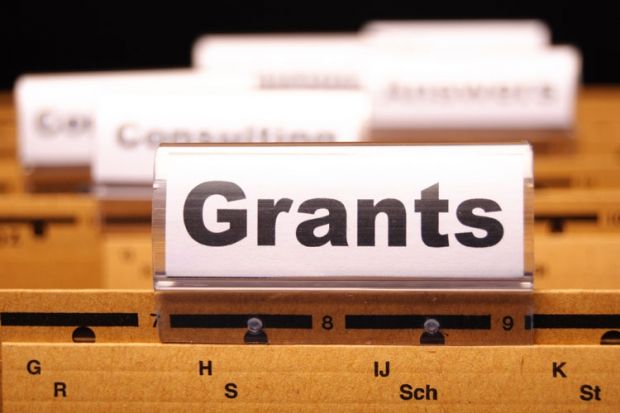National Institute for Health Research
Health Services and Delivery Research programme
- Award winner: Christina Pagel
- Institution: University College London
- Value: £244,410
Improving risk adjustment in the PRAiS model for mortality after paediatric cardiac surgery and improving public understanding of its use in monitoring outcomes
- Award winner: Alex Bottle
- Institution: Imperial College London
- Value: £259,690
What are the determinants of variations in emergency readmission rates and one-year mortality in patients hospitalised with heart failure or chronic obstructive pulmonary disease?
- Award winner: Wei Gao
- Institution: King’s College London
- Value: £302,878
Geographical understanding of variation in place of death: the role of care services and end of life care improvement (GUIDE Care Services)
- Award winner: Markus Reuber
- Institution: University of Sheffield
- Value: £131,790
Evaluating nuanced practices for initiating decision-making in neurology clinics
Biotechnology and Biological Sciences Research Council
Research grants
- Award winner: Sam Hay
- Institution: University of Manchester
- Value: £383,665
Heavy enzymes: probing fast dynamics in enzyme catalysis by mass modulation
- Award winner: Caroline Brennan
- Institution: Queen Mary University of London
- Value: £419,630
A zebrafish screen to identify genes affecting working memory and age-related cognitive decline
Leverhulme Trust
Research project grants
Humanities
- Award winner: Albert Remijsen
- Institution: University of Edinburgh
- Value: £216,564
A descriptive analysis of the Shilluk language
- Award winner: Gregory Toner
- Institution: Queen’s University Belfast
- Value: £229,345
Dating of medieval texts through regressive analysis of the lexicon
Sciences
- Award winner: Joy Singarayer
- Institution: University of Reading
- Value: £144,570
Testing the influence of lake/wetland-climate feedbacks on African hydroclimate
In detail
Award winner: Mark Edmonds
Institution: University of York
Value: £88,682
Sound tracks: acoustic landscapes in the past and present
This project will investigate how sound has shaped the human experience in and around the Creswell Gorge area over the past 50,000 years. Creswell Crags, a series of caves situated along a limestone gorge on the Derbyshire/Nottinghamshire border, is one of the most significant early prehistoric sites in Britain – showing evidence of Neanderthal occupation, the oldest examples of Ice Age cave art and a more contemporary history of mining and quarrying activities. The team will use archaeology, palaeoecology, archival sound recordings, text and oral histories to explore the sonic environment of the Creswell Crags landscape over time and create a series of auditory resources that will be of value to both the academic community and the wider public. The team will create sound installations in the caves that will use field recordings to explore aspects of human occupation within the gorge. Mark Edmonds, anniversary chair of archaeology at the University of York, has commented that exploring the acoustic ecology of the area will provide a new way of thinking about the conditions experienced by those living there thousands of years ago.
